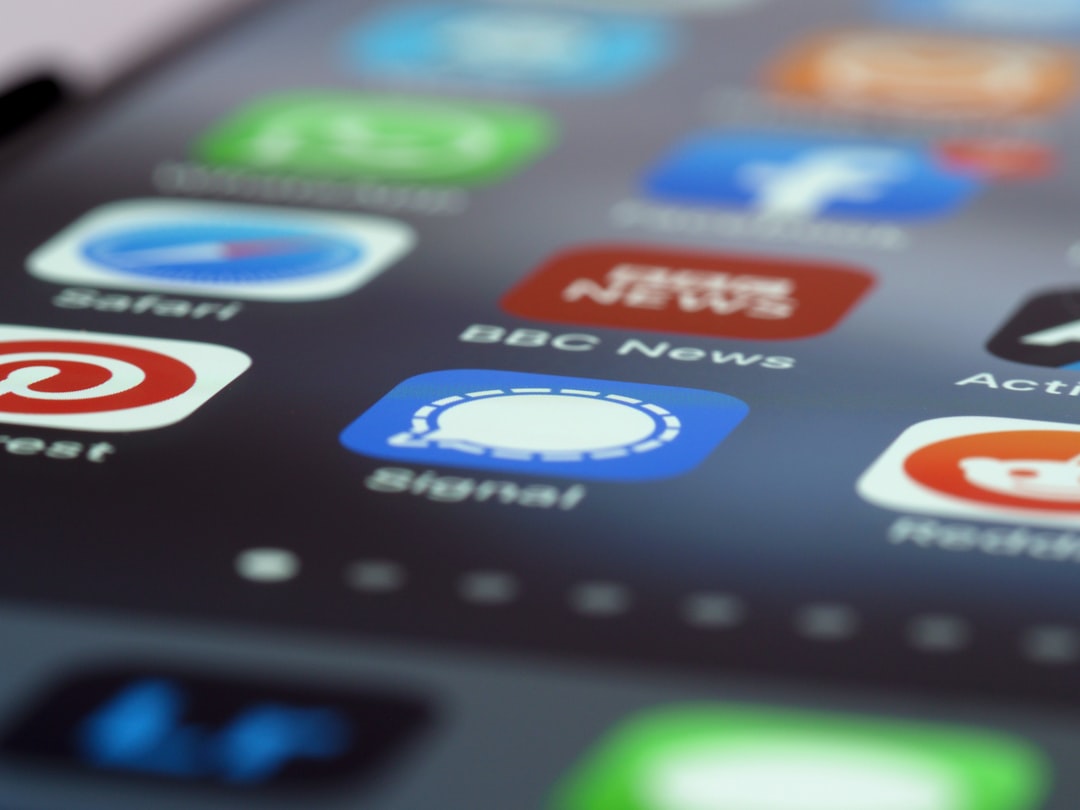Summary
ChatGPT’s mobile app, once experiencing rapid growth, is now seeing a slowdown in new downloads and daily active user growth, according to data from app intelligence firm Apptopia. While the app still attracts millions of new installs daily, key engagement metrics like time spent and session frequency have declined, particularly in the U.S. Factors such as increased competition and changes to the AI model’s personality may be influencing these trends. Moving forward, OpenAI may need to invest in marketing or new features to reignite growth.
Download Growth Slows After April
According to Apptopia’s analysis of global download trends, ChatGPT’s mobile app growth has slowed since April. Although the app continues to see millions of daily downloads, the percentage increase in new installs is tapering off. In fact, October is on track to experience an 8.1% month-over-month decline in global downloads, signaling a plateau in growth momentum.
Daily Active Users Plateau Globally
Apptopia also observed that the global daily active user (DAU) growth has leveled off in recent weeks. This suggests that while the app maintains a strong user base, the pace at which new users engage with the app daily has stabilized rather than continued to rise.
U.S. User Engagement Declines
Looking specifically at the U.S. market, the data reveals a 22.5% drop in average time spent per daily active user since July. Additionally, average sessions per user have decreased by 20.7%. These figures indicate that U.S. users are opening the ChatGPT app less frequently and spending less time per session. However, user churn has stabilized, meaning the app is retaining its core users rather than just attracting brief, experimental visitors.
Possible Reasons Behind the Trend
Several factors might explain these shifts. Increased competition from Google’s Gemini AI, which surged in popularity following the release of Google’s AI image model Nano Banana in September, could be drawing some users away. Additionally, updates to ChatGPT’s AI model aimed at reducing its overly agreeable tone—starting with an April update and continuing with the August release of GPT-5—may have affected user engagement.
However, Apptopia notes that the decline in engagement metrics began before Gemini’s rise, suggesting that competition alone doesn’t fully explain the trend. Furthermore, since both average time spent and session frequency are declining, it’s unlikely that users are simply becoming more efficient with their interactions. Instead, it appears that the initial experimentation phase with ChatGPT is giving way to more routine, need-based usage.
Looking Ahead for ChatGPT’s Mobile App
For OpenAI, these insights highlight the need to move beyond relying on novelty to drive growth. To boost engagement and attract new users, the company may need to invest in targeted marketing efforts or introduce new features that enhance the app’s appeal. This approach mirrors strategies used by other established mobile apps facing similar challenges in sustaining user growth and engagement over time.
